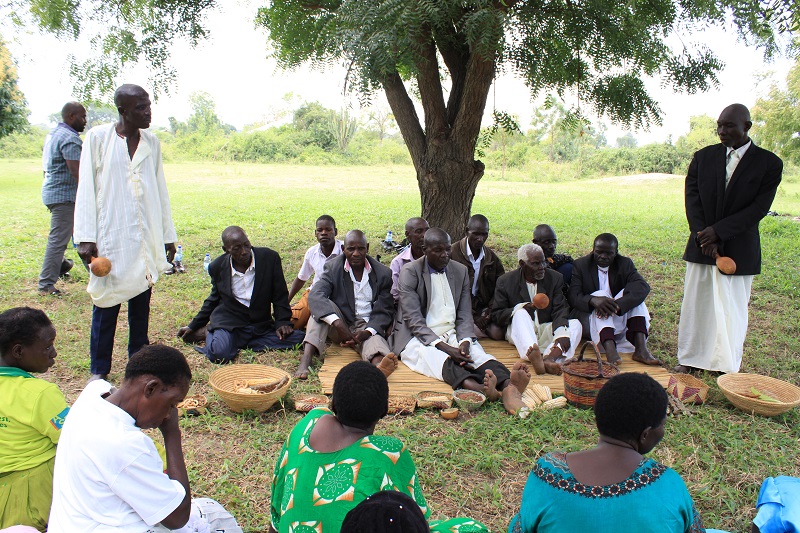Community Ecological Governance

Community Ecological governance is a term to describe the relationship between communities and the natural ecosystems in relation to their customary laws. Elders play a vital role in upholding the ecological knowledge and customs, practiced over generations, which sustain the wellbeing of sacred natural sites, ecosystems, territories and communities.
Community Ecological Governance is achieved through revival and strengthening customary laws of communities especially indigenous communities in the area of seed and food systems, sacred natural sites and the rest of the ecosystems, the passing of Knowledge between generations, restoring cultural identity and confidence especially among women; and reweaving respectful relationships within the community and within the Mother Earth
Customary governance systems are the ancestral management systems of indigenous and local communities, passed down through successive generations.
These systems are firmly rooted in the customary laws of indigenous communities and are exercised through traditions, customs, beliefs, social, cultural, spiritual and livelihood practices, stories and laws of origin, rituals, values and cosmology.
Customary governance ensures a healthy balance between humans and their natural surroundings, for living in harmony with Nature. It is also a governance system that recognizes and respects the inter-relationship, inter-connectedness and inter-related rights of human and non-human beings as subjects in a communion on Earth.
The African Commission recognises customary governance systems and “customary land rights resulting from occupation and use since time immemorial” (ACHPR/WGIP report, 2007). The right to customary governance systems which is also enshrined in the African Charter, and legal pluralism encourages African States to enable custodian communities to freely practice their customary laws, within the overall framework of the national law.